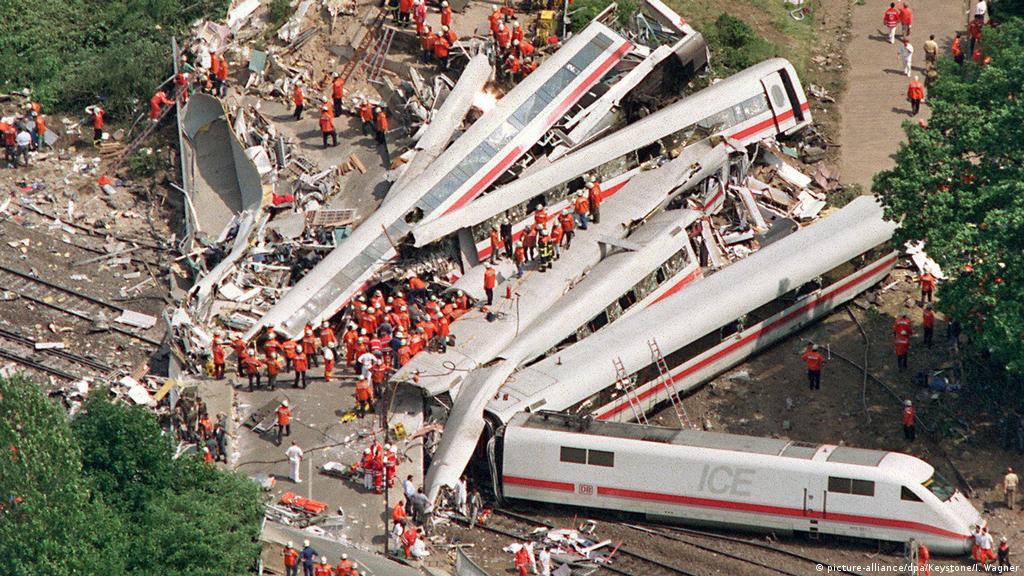Angel networks have played an important role in developing a robust investment ecosystem for start-ups in India. While the initial networks were small, they were composed of individuals who had known each other for a while, so there was a web of trust that continued to hold the members together. Then as the initial investments of these networks started to pay off and start-ups started becoming an obsession for mainstream media, the networks grew rapidly from a city or regional networks to India-wide or even global networks. What looked like an amazing business was the slow poison of death being gleefully ingested by the network’s administrators. Today, many of these angel networks are dead if not in the terminal stages of death.
What I meant by ‘dead’ is that these networks have morphed into investment banking businesses under the garb of angel networks. Therefore, most of these networks comprise of passive investors that rarely bring in deal flow or can provide time to investees – both important tenets of a successful angel network. Instead of ensuring that the investors know each other and form robust bonds for the future of the investees, the network is gauged by the number of people that have paid the “annual fee”. The value that each angel adds isn’t a metric that is considered– therein lies the problem.
The net result is that the entrepreneurs that approach these networks for funding are treated as “leads” that need to be closed. There aren’t any minimum investment thresholds (eg. size of the cheque, etc) for the investors putting in money which means that the sheer size of these networks coupled with angel’s abilities to write multiple small cheques, almost guarantees that any leads that come to the network won’t go unfunded. The size of the network also causes a hike in the number of investments in order to keep every angel interested. This leads to either relaxing investment standards, investing in rounds that do not conform with network’s objective or most worryingly, investing at valuations that do not make sense thereby killing an entrepreneur’s future chances of raising funds.
A large angel network is harmful to the ecosystem because it lacks the focus and objectivity required of this type of investment group. A smaller, more close-knit angel network that revolves around one investment theme or comprises of individuals from one specific geographic location or investors who only invest in a particular geographic location are all better for the startup ecosystem but not the “angel network business”. Otherwise, this celebrated size of the growing angel network will soon become the tombstone under which the angels’ network will be buried.
39/2018






